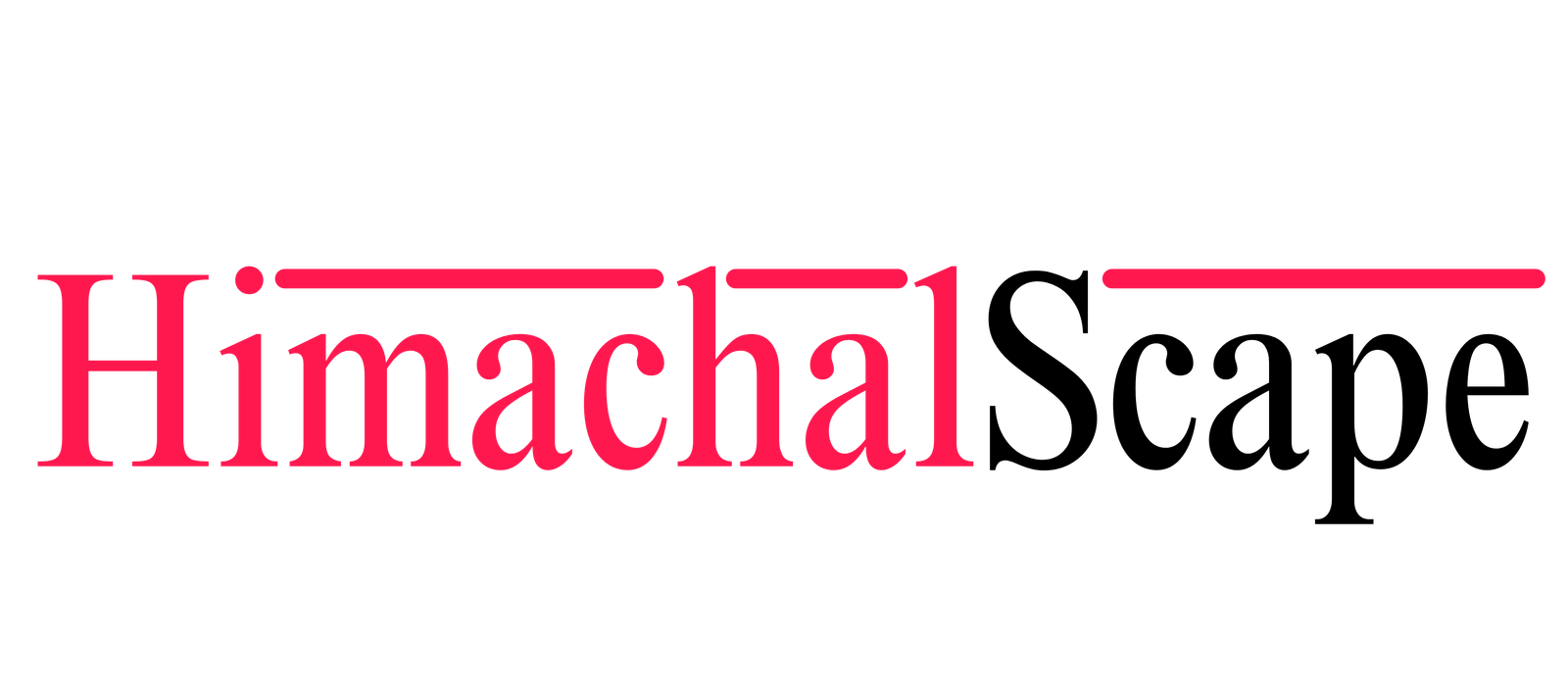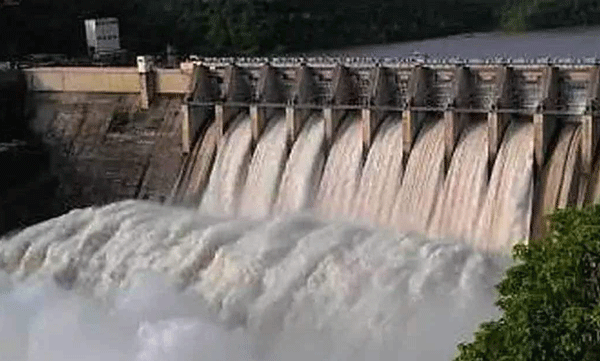Shimla, May 29
On May 28, the Himachal Pradesh High Court granted relief to JSW Power Company by allowing their writ petition, which contested the state’s decision to increase royalty charges from 13% to 18%. The division bench, comprising Justice MS Ramachandra Rao and Justice Jyotsna Rewal Dua, issued the verdict in favor of JSW, thereby restraining the state from implementing the higher royalty rate.
The case arose following a significant policy shift by the Himachal Pradesh government. Recently, the government reduced the land lease period for hydro-power developers from 99 years to 40 years. Concurrently, it decided to increase the royalty rates, mandating that hydropower projects supply 15% free power to the state for the first 12 years, escalating to 20% for the next 18 years, and 30% for the final 10 years of the lease. After this period, the projects would revert to state ownership without cost or encumbrances. Despite these changes, JSW had been providing 12% free power to the state for the past 12 years under the terms of their original agreement.
Also read: https://himachalscape.com/hp-cabinet-monsoon-disaster-spurs-hps-resource-mobilization-efforts/
In response to the state’s 2023 decision to enhance the royalty rates, JSW filed a writ petition. The petitioner argued that the existing tariff regulations at the time of their agreement capped free power at 13%. JSW’s legal representation, led by former Union Minister P. Chidambaram, contended that their project was governed by the Central Electricity Regulatory Commission (CERC) under the Electricity Act of 2003, which took effect on June 10, 2003. They asserted that the Implementation Agreement (IA) dated November 18, 1999, along with subsequent Supplementary Implementation Agreements (SIAs), stipulated 12% free power for the first 12 years and 18% thereafter, and these terms should prevail over the state’s new policy.
JSW maintained that their agreements were consistent with the tariff regulations applicable at the time, which were detailed in various Power Purchase Agreements (PPA) and Power Sale Agreements (PSA) involving multiple states, including Himachal Pradesh, Punjab, Haryana, Uttar Pradesh, and Rajasthan. These agreements were designed to reflect the covenants of the Implementation Agreement, including the provision of free power.
The court noted that the CERC, in its order dated March 17, 2022, had already determined that the 2019 Tariff Regulations, which cap free power to the home state at 13%, would override any conflicting provisions in existing agreements. The CERC had declared that any stipulations for free power beyond this cap in the PPAs and PSAs would be inconsistent and must be aligned with the 2019 Tariff Regulations. Specifically, the CERC found that free power to the home state should be capped at 13%, as stipulated in the 2019 Tariff Regulations, and any provisions in the PPAs and PSAs calling for 18% free power were overridden.
Given this context, the court found no justification to deviate from the CERC’s order. It ruled that the Implementation Agreement dated November 18, 1999, and subsequent supplementary agreements between JSW and the state must be realigned to comply with the 2019 Tariff Regulations. Consequently, the provisions requiring JSW to supply 18% free power were deemed invalid. The court directed the state to adjust any excess power supplied above the 13% cap accordingly.
The court’s judgment emphasized that the existence of an arbitration clause in the Implementation Agreement did not bar JSW from seeking relief under Article 226 of the Indian Constitution. Therefore, the court allowed JSW’s writ petition, instructing the respondents to align the free power provisions in their agreements with the CERC’s 2019-2024 Tariff Regulations.
Empower Independent Journalism – Join Us Today!
Dear Reader,
We’re committed to unbiased, in-depth journalism that uncovers truth and gives voice to the unheard. To sustain our mission, we need your help. Your contribution, no matter the size, fuels our research, reporting, and impact.
Stand with us in preserving independent journalism’s integrity and transparency. Support free press, diverse perspectives, and informed democracy.
Click [here] to join and be part of this vital endeavour.
Thank you for valuing independent journalism.
Warmly,
Vishal Sarin, Editor





